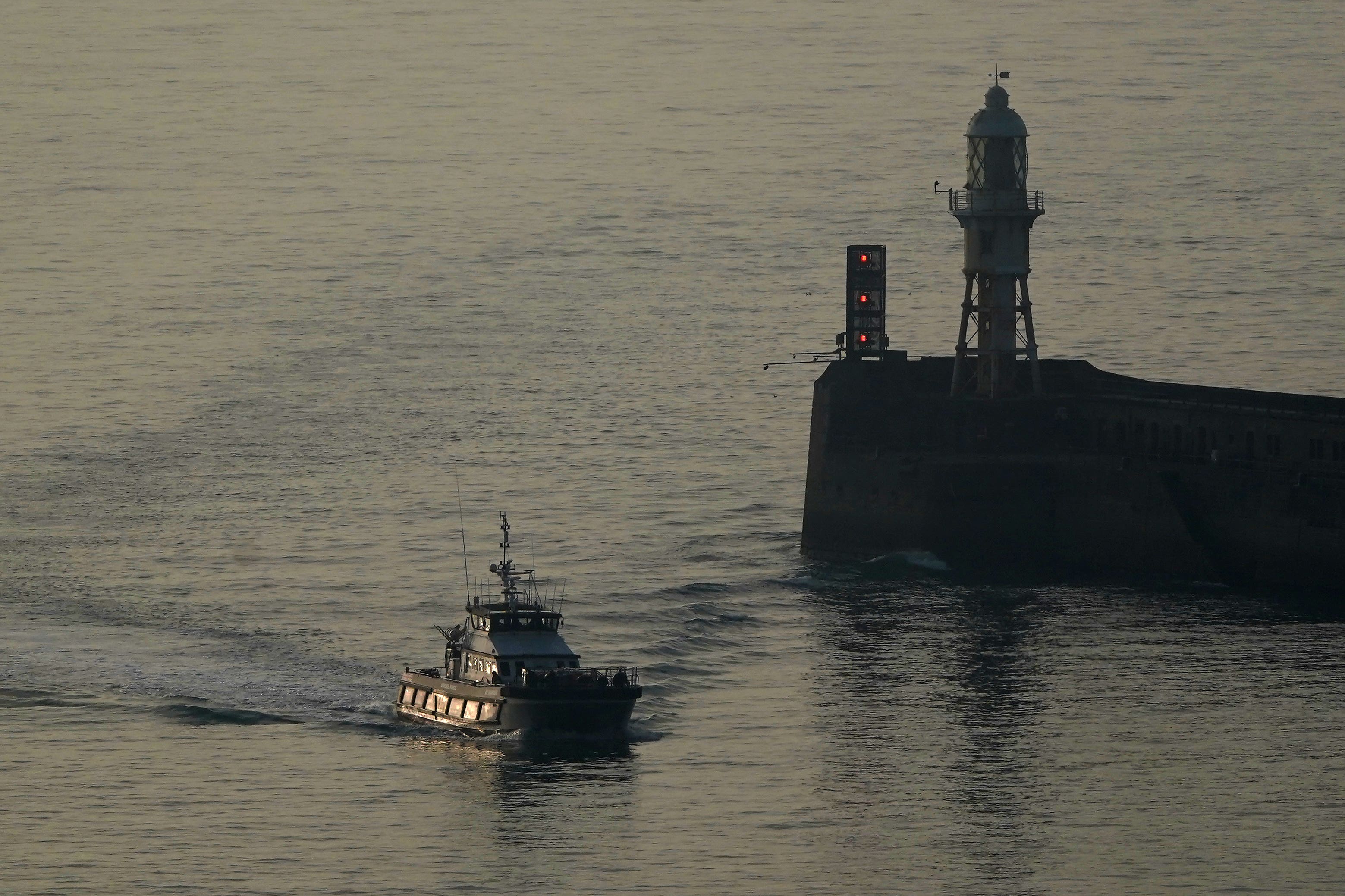What can the government do to turn the tide of cross-Channel casualties?
The new Labour administration has the opportunity to make a fresh start but the issue of illegal migration is an intractable problem, writes Sean O’Grady


In what has become an all-too-common tragedy, two more people died trying to cross the English Channel on Sunday. Their boat, containing about 50 asylum seekers, was rescued as it was making its way through French waters. The deaths bring the total number of fatalities over the past month to nine, and to 17 so far in 2024.
So-called illegal migration is obviously an issue of grave concern to both the governments concerned and the voters; the recent riots in England and Northern Ireland have been attributed, as an underlying cause, to public disquiet about immigration. The new Labour government has the opportunity to make a fresh start, but it is equally obviously an intractable problem...
What was the government’s response?
A spokesperson acknowledged the “tragic incident” had taken place, and added that it “underlines the terrible dangers of small boat crossings … We continue to do everything we can to prevent callous criminals exploiting vulnerable people. Our thoughts are with those affected.”
So what is the government doing about it?
Excellent question. It is a little over a month in, so there’s not been much time to make radical changes. However, ministers are proud that they’ve abolished, on day one of the Starmer administration, what they call the “gimmick” of the Rwanda plan which, the home secretary Yvette Cooper stated, was going to cost a total of £700m, or more, with little to show for it.
The next step is to recruit a boss for the new Border Security Command, charged with tacking the illegal trade in people and the criminal gangs behind it. Sir Keir Starmer made much of his experience in fighting terrorists when he was director of public prosecutions and he wants to bring a similar police and criminal justice approach to bear here. Critics say that successive administrations, on both sides of the Channel, have been doing this for years, with only limited success.
How many people are crossing?
Close to the same number as last year and in 2022 thus far. There is also a trend of more people crowding into fewer but bigger boats, and for last-minute dashes to get on board by desperate people seeking to take their chances. Such overcrowding adds to the dangers of sailing in what is already a hazardous crossing. In total, including boat crossings, the back of lorries and arriving at airports and other routes, asylum claims are running at about 100,000, matching the previous peak 20 years ago. As ever, wars in Africa and the Middle East are driving much of it.
Where do they come from?
Notwithstanding the official settlement scheme, which some say is too strict, the biggest single nationality is Afghans – 5,234 in the year to March 2024. These are followed by Iranians, Turkish, Eritreans, Syrians and others.
Why are they in hotels?
Because of the sheer numbers and because, more recently, the UK will no longer consider asylum applications for people who arrive by irregular means – “illegal migrants”. They are thus left in legal limbo and have to be accommodated if they’re not to be left on the streets (and after a claim is rejected or accepted, that can also be their fate). Labour promises a big push in resources to get the total backlog of about 100,000 people cleared. Yvette Cooper says it will be done “as rapidly as possible”.
Can they be ‘sent back’?
No and yes. Those who qualify for asylum cannot be returned to their country of origin; even those rejected could object to being sent back to a country where they realistically fear death or torture. In many cases, such returns would be unlawful under the European Convention on Human Rights (ECHR). Recent changes in UK law did not alter that international obligation. Only a few countries, notably Albania, have signed returns agreements with the UK, and many claimants are swiftly sent back.
What is the government not going to do?
Create “safe and secure routes” for asylum seekers, as was promised many times by Cooper but quietly abandoned by the time the Labour manifesto was published. So a boat may still be the last resort for a refugee with no other way of claiming asylum, even if Labour’s efforts to smash the gangs work. Indeed, if more gangs go out of business, that may simply reduce the supply of boats, increase fees and overcrowding, and push refugees into longer journeys via less well-policed routes. It will do nothing to reduce demand.
What does the opposition say?
Pending the election of a new Conservative leader and a policy review, nothing new. The now shadow home secretary, James Cleverly, decries the end of the Rwanda scheme as a deterrent, and fellow leadership contender Robert Jenrick has chimed in. One key issue in that leadership election will be which candidates guarantee to leave the ECHR; most candidates have not ruled it out if needs be, but none will pledge to do so (as Suella Braverman would have).
There is also the question of whether, and how, they’d revive the Rwanda scheme; if they’d adopt Reform UK policies such as picking up migrants and taking them back to France (a breach of French sovereignty and international law); and if they’d radically reduce regular, lawful net migration, which is of course about 10 times more than the irregular level.
Subscribe to Independent Premium to bookmark this article
Want to bookmark your favourite articles and stories to read or reference later? Start your Independent Premium subscription today.
Join our commenting forum
Join thought-provoking conversations, follow other Independent readers and see their replies
Comments